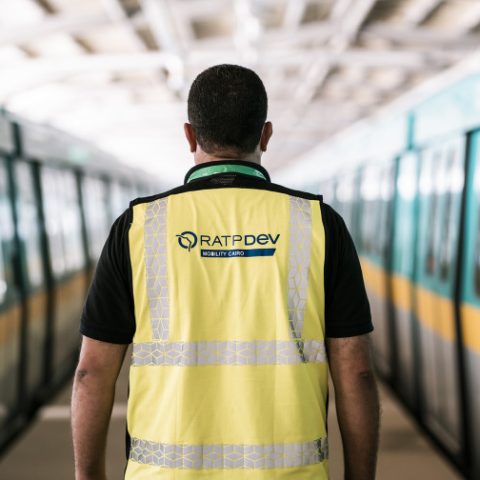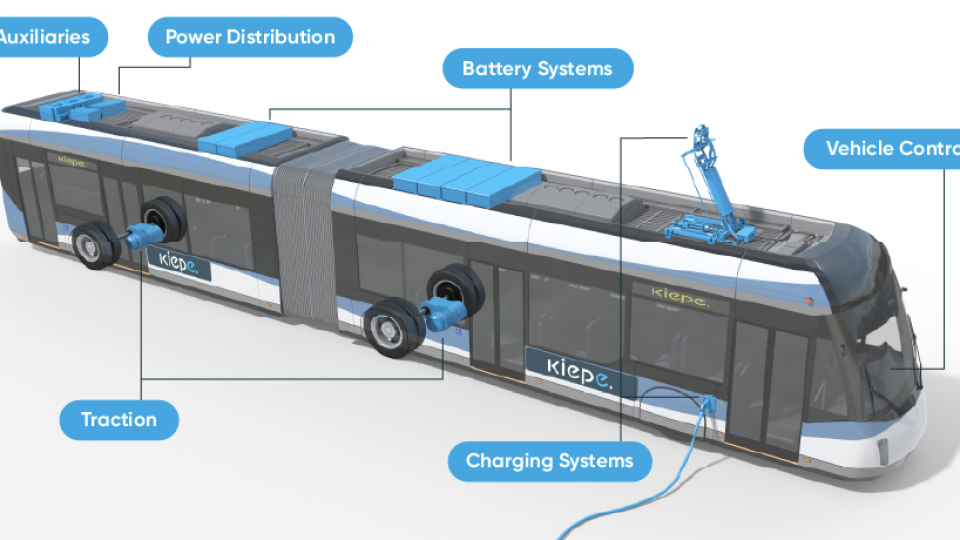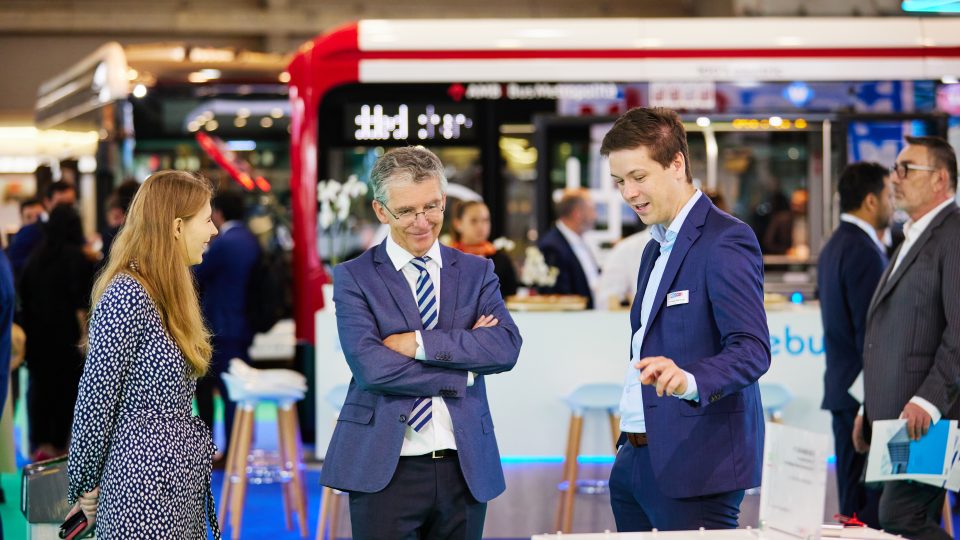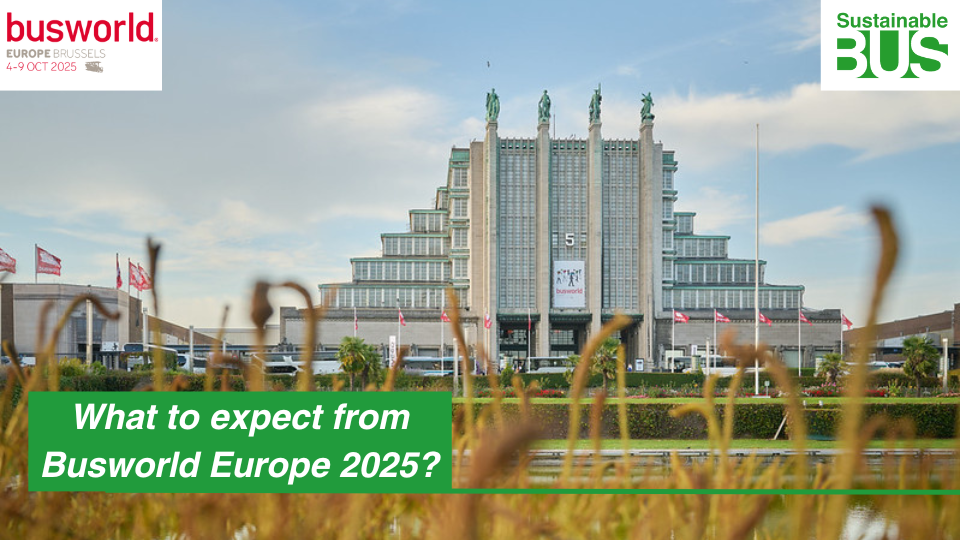RATP “Mobility Trends Report” highlights major challenges for the sector towards 2030
RATP Dev has published its “Mobility Trends Report: a compass for 2030”, exploring the eight megatrends shaping the future of mobility worldwide. The document represents a call to action for decision makers and the wider industry to come together and address the complexities ahead, positioning as a practical guide, offering mobility leaders the insights they […]

RATP Dev has published its “Mobility Trends Report: a compass for 2030”, exploring the eight megatrends shaping the future of mobility worldwide.
The document represents a call to action for decision makers and the wider industry to come together and address the complexities ahead, positioning as a practical guide, offering mobility leaders the insights they need to navigate these challenges collectively.
Developed with foresight experts from Onepoint, the report offers a global perspective, drawing insights from over 50 interviews with international experts across 10 countries. It also incorporates an analysis of existing studies and foresight reports, providing public authorities, transport operators, and industry stakeholders with the insights needed to tackle emerging challenges.
Eight megatrends shaping public transport according to RATP
Eight key megatrends have been identified as pivotal in shaping mobility by 2030: mounting climate change pressures, the heightened need for passenger safety, evolving employee expectations, shifting demographics, the premium placed on consumer experience, the transformative power of data and AI, the fiscal constraints on local authorities, and the increasing strain of traffic flows on urban centers. These trends necessitate proactive measures, from building resilient infrastructure and leveraging advanced technologies to adopting sustainable business models and fostering intermodal solutions.
Focusing on a few of the topics mentioned in the report, by 2050, the world’s population over 60 is projected to reach 22%, demanding infrastructure and service adaptations for both elderly and younger travelers. Simultaneously, economic pressures, such as inflation, are driving individuals towards public transport, highlighting the need for fair pricing and accessibility, especially in car-dependent areas.
On the technological front, data and AI are transforming operations, with 60% of executives investing in AI and IoT for seamless services. As the global datasphere expands, projected to reach 175 zettabytes by 2025, transport operators must prioritize cybersecurity and data protection while leveraging data for optimized operations and personalized journeys.
Finally, local authorities face the challenge of “doing more with less,” necessitating innovative business models and public-private partnerships to ensure sustainable funding for future mobility solutions.
RATP Dev strenghtens that the company is already translating these megatrends into tangible initiatives. The company’s commitment to sustainable energy is evident in its hydrogen-powered bus deployment in La Roche-sur-Yon, France. To enhance passenger experience, AI-powered virtual assistants are being piloted in Brest, while AI-driven robot dogs are being tested for infrastructure inspections.
Data-driven operations are further supported by Maint’Up, a universal data analysis platform. Creative partnerships, such as the “Free Ride Day” in Hong Kong, highlight the company’s innovative approach to engaging with communities and leveraging iconic transport systems.
“We are not looking at the distant future, we are talking of a rapidly approaching reality that demands daring, collective action – now” said Hiba Farès, CEO of RATP Dev.









